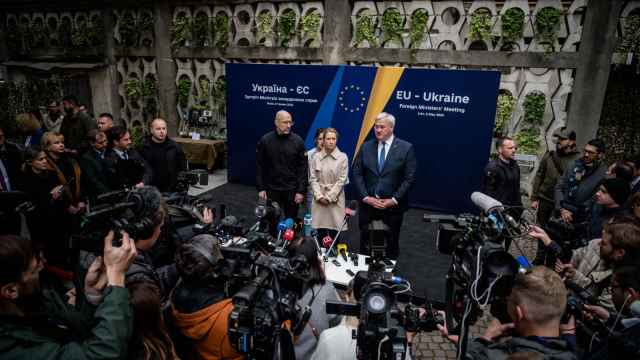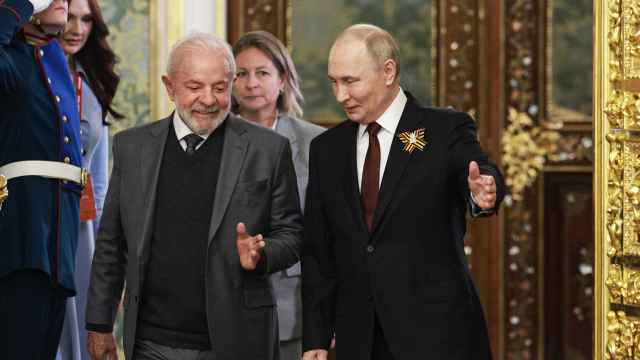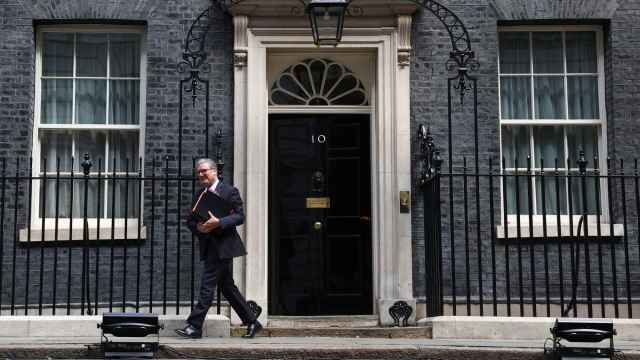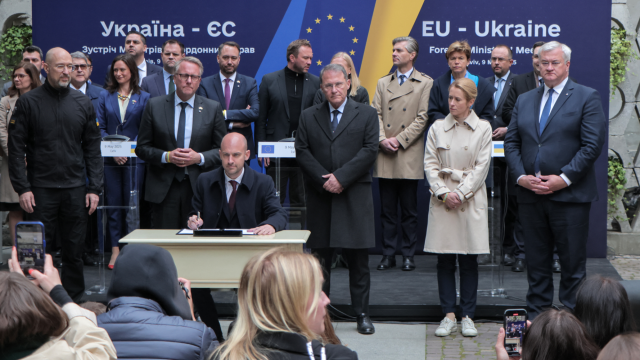The emerging market IPO boom predicted for Brazil, Russia and India is fizzling as inflation sends interest rates up, share prices down and prompts companies to scale back or cancel sales.
While Brazil's stock exchange chief, Russia's biggest underwriter and India's government projected that initial public offerings would rise threefold this year to $64 billion, issues are falling. Russia rose 16 percent to $3.3 billion, but Brazil dropped 29 percent from the year before to $2.7 billion and India sank 74 percent to $753 million, the least for the period for both since 2009. China slid 4.3 percent to $32 billion.
"It's not wise to be looking at companies that are subscale, subpar," said Aquico Wen, who oversees $1 billion at Esemplia Emerging Markets in London. "There are far too many other chances in the market."
The landscape for share sales is different elsewhere. Social-networking web site LinkedIn of Mountain View, California, soared 109 percent on its May 19 trading debut, while HCA Holdings, a Nashville, Tennessee-based hospital chain, gained 12 percent since a $4.35 billion offer in March.
"The markets have been weak," said John Ditieri, who helps manage about $13.5 billion in developing-nation stocks at Arlington, Virginia-based Emerging Markets Management. "IPOs in the next few months will need to be priced attractively to get investors in."
PhosAgro, Europe's largest maker of phosphate fertilizers, expects to raise as much as $1 billion, chief executive Maxim Volkov said June 17. The Moscow-based company's offer will be priced July 15, according to a term sheet.
At least five Russian and four Brazilian companies have scrapped offerings, and Moscow-based HMS Hydraulic Machines & Systems Group sold below its price range.
Russia's canceled sales have reached $4 billion, while companies worldwide raised at least $112 billion, up from $98.4 billion in the year-earlier period. IPOs totaled $121.3 billion in all of 2009.
While gains in commodities have been a boon in the past for Brazil and Russia by swelling export revenue, they have proved a bust for equity investors this year. As Standard & Poor's GSCI index of 24 commodities advanced 32 percent in the past year, developing-nation policymakers have raised borrowing costs to slow accelerating inflation and contain credit growth.
The Central Bank has boosted the fixed overnight deposit rate four times since December to 3.5 percent; benchmark equity indexes slumped 2.8 percent. The MSCI Emerging Markets Index of 21 countries is down 3 percent, while MSCI's World Index of developed markets has climbed 1.8 percent.
"Inflation has probably been the biggest headwind," said Tim Hall, who helps oversee about $800 million as managing director at Deltec Asset Management in New York. "Concern over the reaction by central banks to that inflation, whether they take a step too far and tighten too much or whether they're behind the curve and don't tighten enough."
The biggest exception to the developing-nation IPO drought has been Internet companies.
Yandex NV, owner of Russia's most popular Internet search engine, jumped 55 percent on its May 24 trading debut in New York after selling shares above the projected price range.
Speculation that developing nations would post stronger economic growth than the United States and Europe had prompted the projections for a deluge of IPOs, said Ditieri at Emerging Markets Management.
Yelena Khisamova, head of equity markets at VTB Capital, forecast in November $20 billion in IPOs this year, saying any Russian listing of "significant" size would succeed. Khisamova said Tuesday that she expects $20 billion in combined follow-on and initial offerings this year, of which $9.2 billion have already taken place.
Koks, Russia's largest pig-iron exporter, is turning to the debt market after postponing an IPO this year. The company issued $350 million of bonds overseas and 5 billion rubles ($179 million) of debt this month.
Pump manufacturer and service provider HMS Hydraulic Machines & Systems sold Global Depositary Receipts in February at $8.25 apiece, missing its target range of $9.25 to $12 each. The GDRs have slipped 14 percent since then.
"Some investors are not willing to participate in emerging market IPOs as recent experiences have not been overwhelmingly positive," said Ed Kuczma, who helps manage $30 billion at Van Eck Associates in New York.
A Message from The Moscow Times:
Dear readers,
We are facing unprecedented challenges. Russia's Prosecutor General's Office has designated The Moscow Times as an "undesirable" organization, criminalizing our work and putting our staff at risk of prosecution. This follows our earlier unjust labeling as a "foreign agent."
These actions are direct attempts to silence independent journalism in Russia. The authorities claim our work "discredits the decisions of the Russian leadership." We see things differently: we strive to provide accurate, unbiased reporting on Russia.
We, the journalists of The Moscow Times, refuse to be silenced. But to continue our work, we need your help.
Your support, no matter how small, makes a world of difference. If you can, please support us monthly starting from just $2. It's quick to set up, and every contribution makes a significant impact.
By supporting The Moscow Times, you're defending open, independent journalism in the face of repression. Thank you for standing with us.
Remind me later.





